We’re incredibly excited to announce that Seatopia will be planting 1 kelp plant for every order to do our part to combat climate change and environmental degradation, with the help of our new partners, Ecodrive & Ocean Wise.
Kelp forests create rich habitat for marine life, including commercially important fish and invertebrates, absorb and store CO2, filter pollutants out of water, and protect coasts from the impacts of extreme weather events. Seatopia’s mission is to provide a sustainable seafood option that doesn’t harm the planet. We’re thrilled to push that goal even further by actively working to improve the health of our oceans through kelp restoration.


Kelp forests are three-dimensional underwater habitats made up of many different species of kelp that form canopies over the seafloor. Kelp forests thrive in cool, nutrient-rich waters along rocky coastlines in the Pacific, Atlantic, and Arctic Oceans. These towering underwater forests harbor thousands of marine species, providing food and shelter, much like forests on land. Amazingly, they can sequester up to 20 times more carbon per acre than land forests. Unfortunately, over the past five decades, almost 40% of global kelp forests have declined as a result of climate change, overexploitation, and pollution.

We are supporting the Northern Salish Sea Kelp Restoration Project to reverse this trend. The kelp forests will be habitat for herring and salmonids that swim the Agamemnon Channel (Sunshine Coast, British Columbia, Canada) on the territory of the shíshálh people. The species of kelp being planted include bull kelp (nereocystis luetkeana), sugar kelp (saccharina latissima), ribbon kelp (alaria marginata). The project is committed to working and providing educational involvement with shíshálh, Tsleilwaututh, Squamish, Tla'amin First Nations as well as the Métis Nation BC. In addition to being essential for healthy marine ecosystems, kelp is central to the traditions and well-being of Indigenous coastal communities.
The goal of Seatopia is to feed our community with clean, responsibly-farmed seafood, mitigate pressure on wild stock populations of sea life, and help create a growing network of Marine Protected Areas. In alignment with the International Union for Conservation of Nature’s (IUCN) goal of protecting 30% of the world’s oceans by 2030, we are donating 1% to the planet to promote and establish a network of Marine Protected Areas (MPAs). Restoring kelp forests is another way we can do our part to heal our oceans and make our planet a better place to live. We can’t wait to see the positive impact we’ll be able to make with the help of our customers!
Why: Kelp forests are three-dimensional underwater habitats made up of many different species of kelp that form canopies over the seafloor. Kelp forests thrive in cool, nutrient-rich waters along rocky coastlines in the Pacific, Atlantic, and Arctic Oceans. These towering underwater forests harbour thousands of marine species, providing food and shelter, much like forests on land.
Kelp forests support biodiversity, coastal fisheries and livelihoods, and have the potential as a significant carbon sink. In BC, kelp forests provide important habitat for commercially and culturally valuable species such as herring, salmon and rockfish, as well as endangered northern abalone, in addition to being central to the traditions and well-being of Indigenous coastal communities. In Chile, kelp forests dominate one of the world’s longest coastlines and are of particular importance to coastal communities, where the cultural practice of collecting seaweed from the shore dates back hundreds of years ago in this region.
Globally, over 40 percent of kelp forests have declined over the past five decades as a result of climate change, overexploitation, and pollution.
What: With your support, the goal of this project is to restore kelp forests in the Pacific. With our partner, Ocean Wise, we will be restoring kelp forests along the Pacific coasts of British Columbia, Canada and Chile. New and innovative techniques will be used to seed giant kelp, bull kelp, and sugar kelp. This project will deliver at least 250,000 m2 (25 ha) of seaforested kelp in BC and at least 3000 ha in Chile by 2027.
Who: Ocean Wise Seaforestation Project
When you subscribe to Seatopia you are supporting artisan aquaculture and helping restore our oceans:



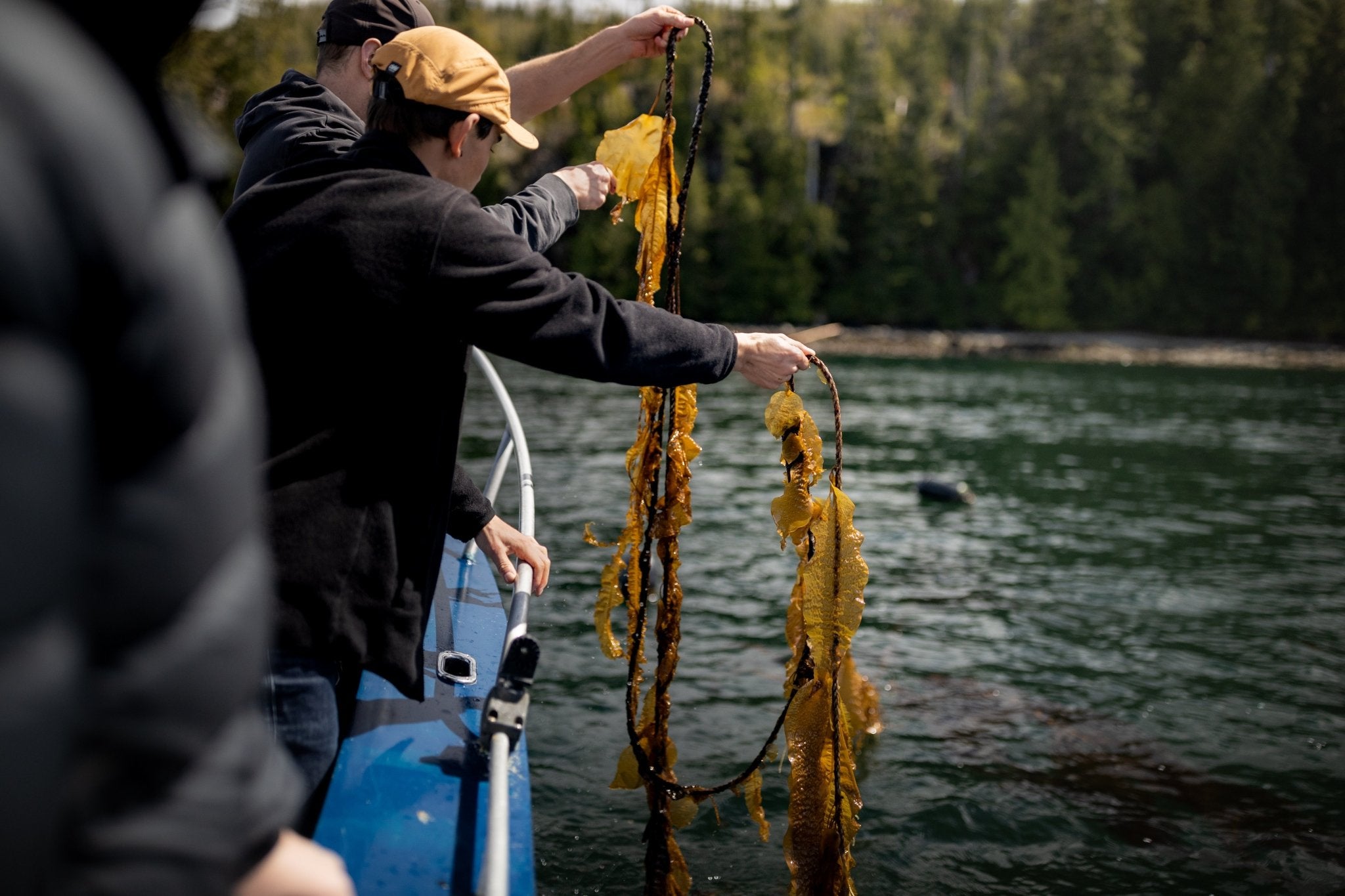
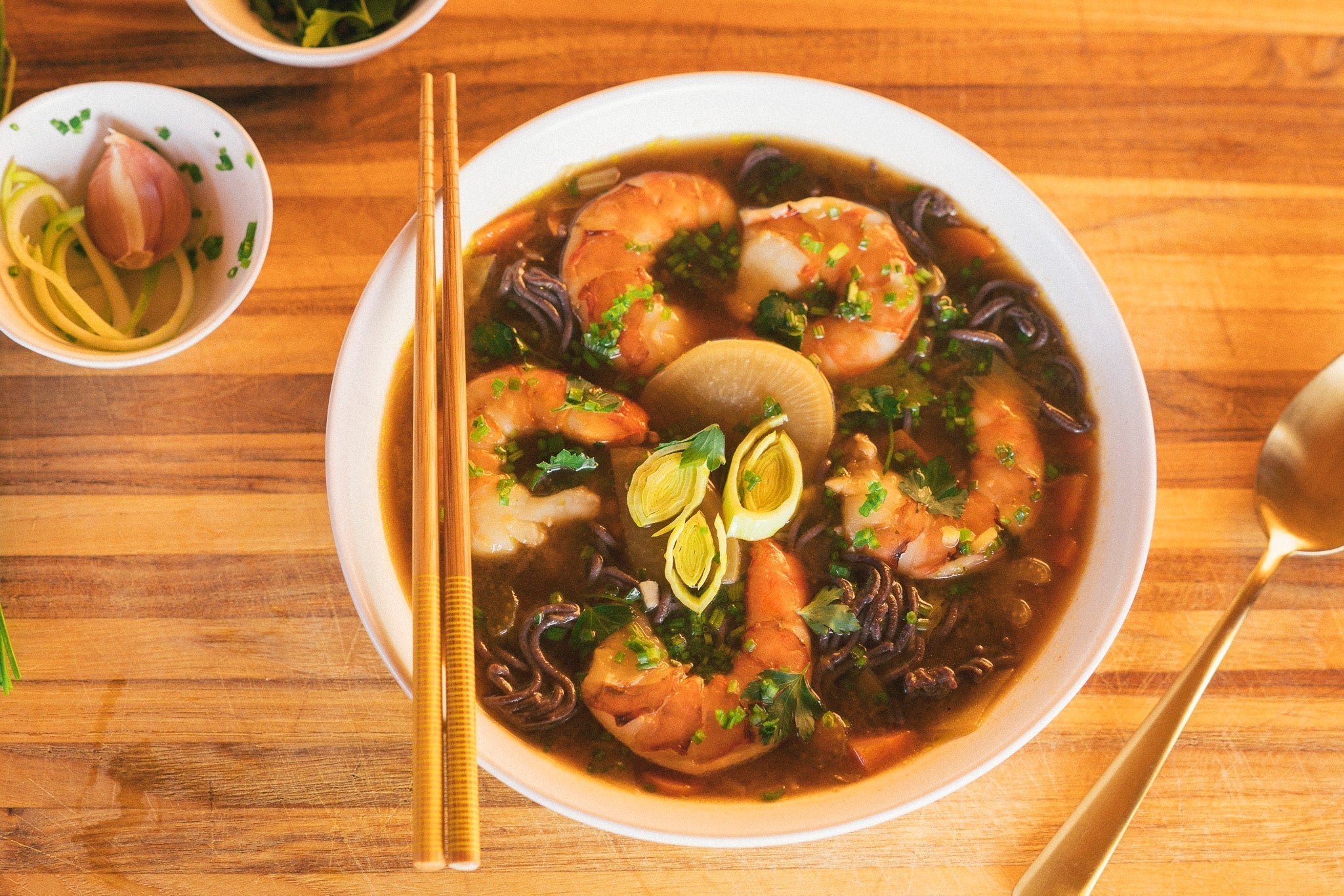


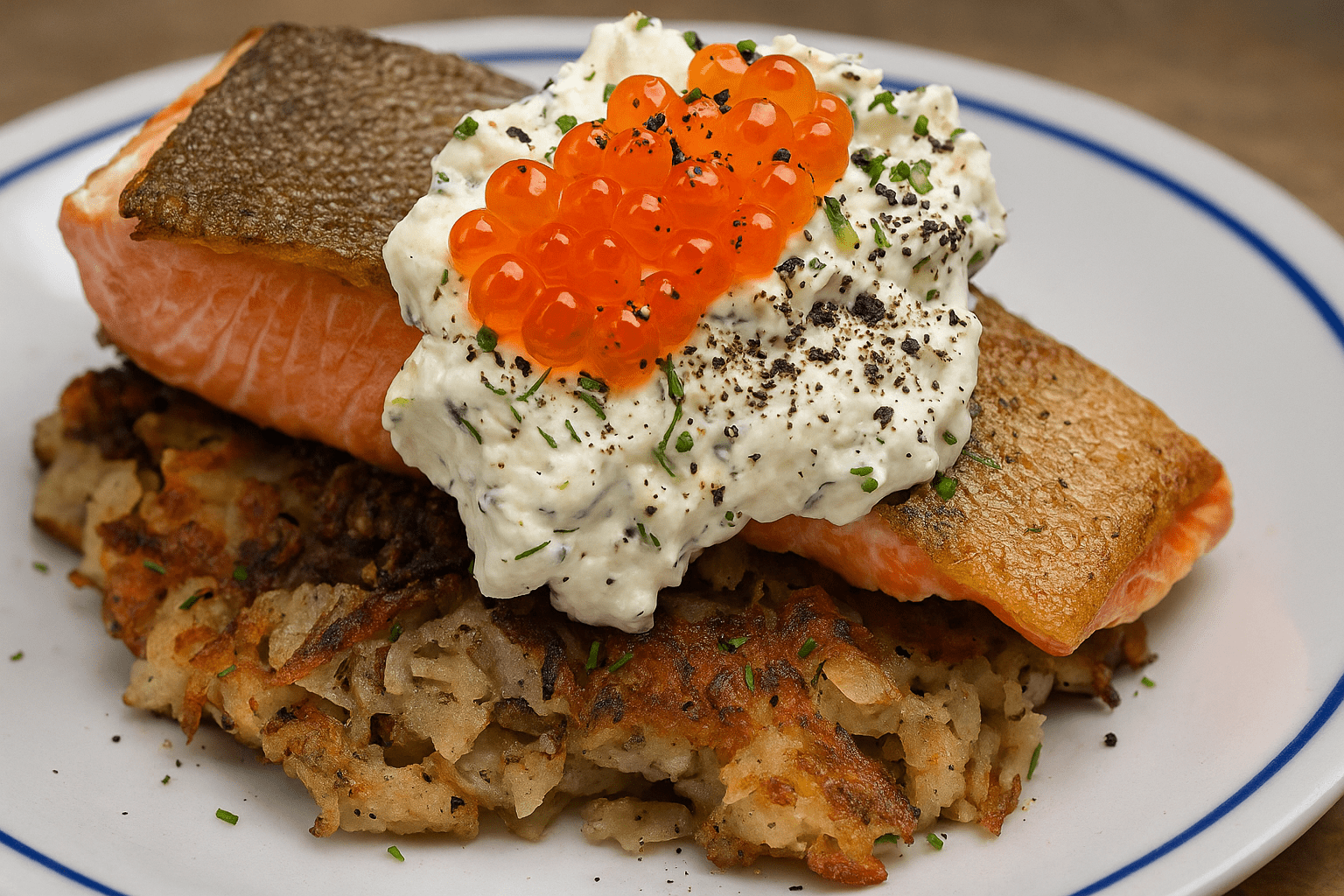
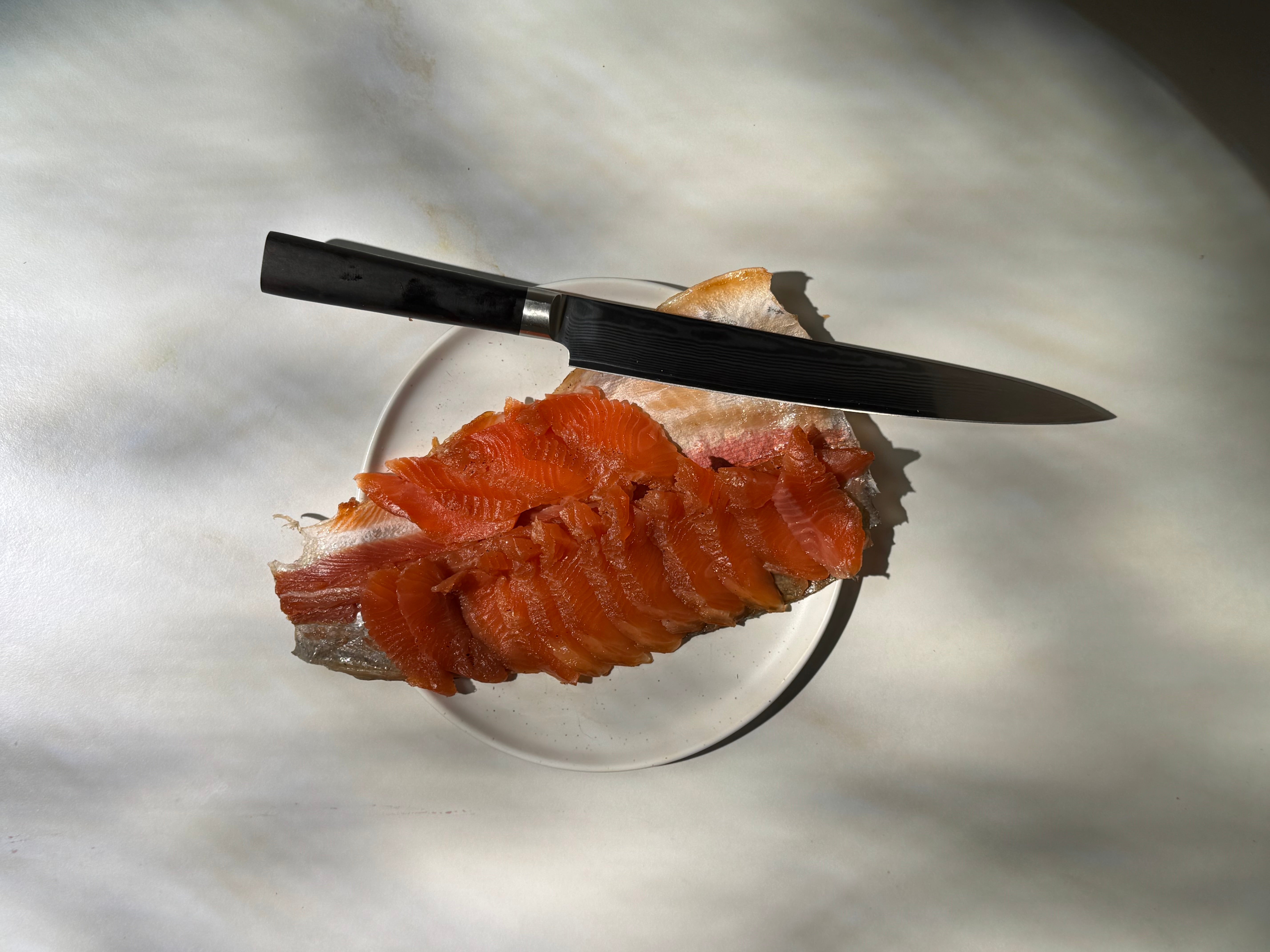


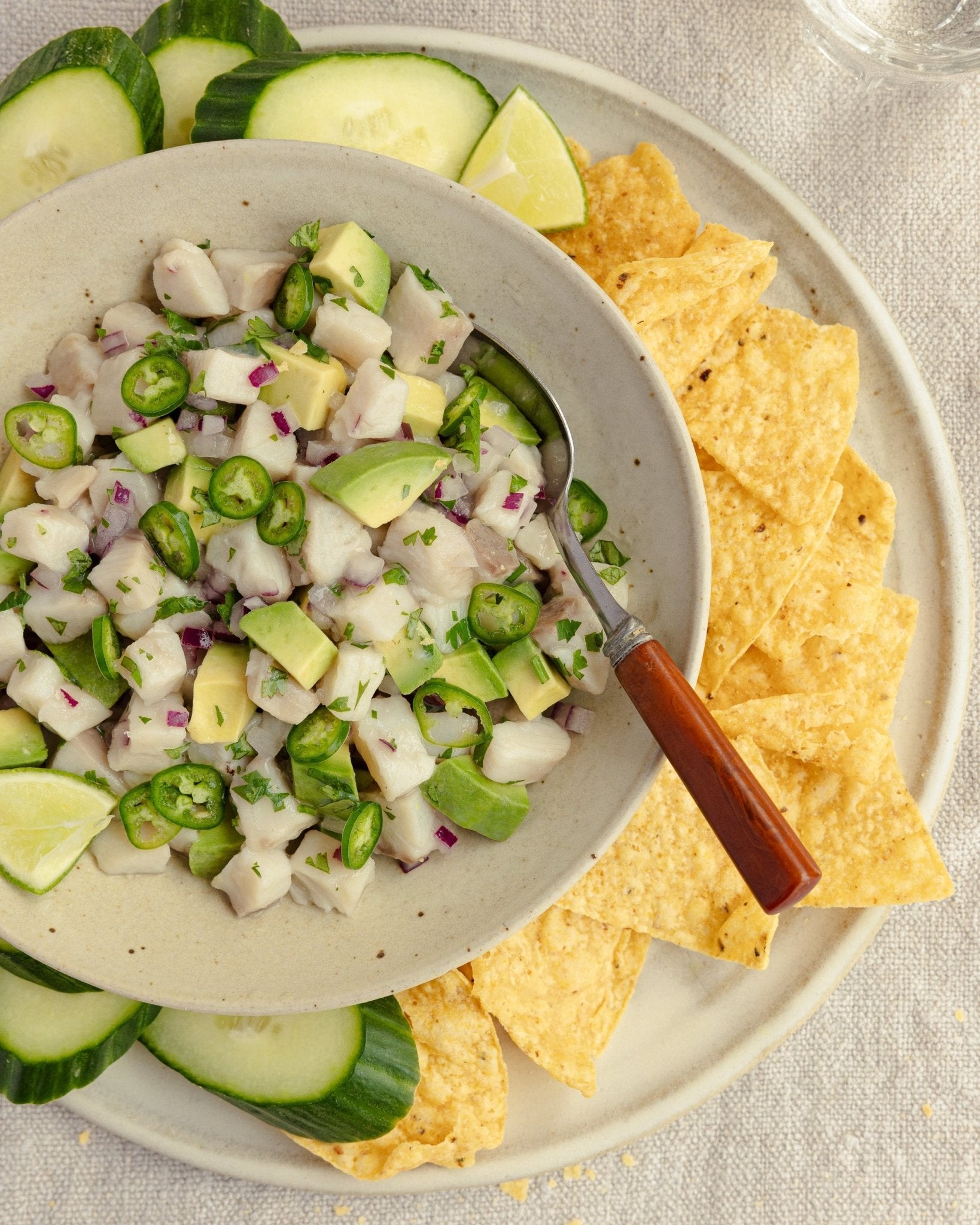
Share:
Branzino and the Blue Zones: Eating for Longevity and Sustainability